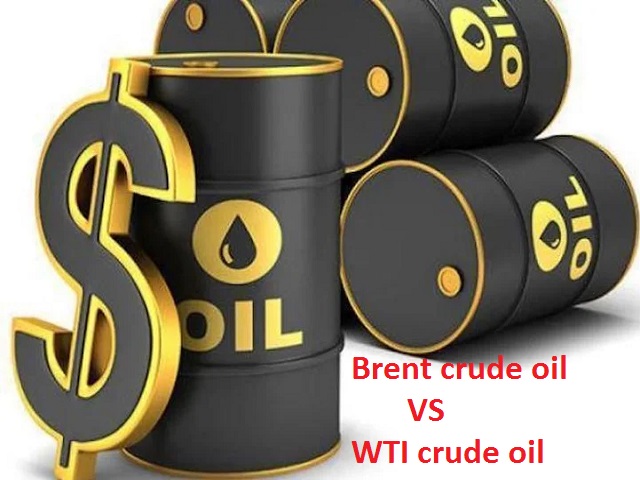West Texas Intermediate (WTI) crude oil is a high-quality, light, sweet crude oil produced primarily in the United States. It is known for its low sulfur content and is a major component in the production of gasoline.
The Importance of WTI Crude Oil
WTI crude oil is considered a global benchmark due to its widespread use in pricing other crude oils. It plays a crucial role in determining the cost of gasoline, diesel, and various other petroleum products. Moreover, it influences the economies of oil-producing nations and impacts global financial markets.
Factors Affecting WTI Crude Oil Prices
4.1 Supply and Demand Dynamics
The basic law of supply and demand is a fundamental driver of WTI crude oil prices. When demand exceeds supply, prices rise, and when supply outstrips demand, prices fall.
4.2 Geopolitical Events
Geopolitical tensions, conflicts, and disruptions in oil-producing regions can have an immediate and profound impact on WTI crude oil prices. Any instability in major oil-producing countries can send shockwaves through the market.
4.3 Economic Indicators
Economic indicators such as GDP growth, employment rates, and consumer sentiment also affect WTI crude oil prices. A robust economy typically leads to increased demand for oil, while economic downturns can lead to decreased consumption.
WTI Crude Oil Price Volatility
WTI crude oil prices are known for their volatility. This inherent unpredictability can be attributed to the interplay of various factors, making it a challenging commodity to trade and invest in.
Impact on Global Markets
6.1 Stock Markets
Fluctuations in WTI crude oil prices often ripple through stock markets. Many industries are directly linked to oil prices, and changes in the cost of production can affect corporate earnings.
6.2 Forex Markets
Oil prices can influence currency exchange rates, especially for currencies of oil-exporting countries. When oil prices rise, the currencies of these nations often strengthen.
6.3 Commodity Markets
WTI crude oil is not just a commodity; it’s also a financial asset. As such, its price movements can influence other commodities, including gold and silver.
Investing in WTI Crude Oil
Investors have various avenues to gain exposure to WTI crude oil, including futures contracts, exchange-traded funds (ETFs), and energy stocks. However, it’s essential to understand the risks associated with these investments.
WTI Crude Oil Price Forecasting
Forecasting WTI crude oil prices is a complex task. Analysts use a combination of technical analysis, fundamental analysis, and geopolitical insights to make predictions.
Sustainability and WTI Crude Oil
As the world focuses on environmental sustainability, the future of WTI crude oil faces challenges. The transition to cleaner energy sources may impact its long-term demand.
Conclusion
In conclusion, WTI crude oil prices are a critical factor in our global economy. They impact everything from the cost of your daily commute to the performance of your investment portfolio. Understanding the factors that influence WTI crude oil prices is essential for making informed financial decisions.
FAQs
1. What does WTI stand for in WTI crude oil?
WTI stands for West Texas Intermediate.
2. How does OPEC influence WTI crude oil prices?
OPEC (Organization of the Petroleum Exporting Countries) can influence WTI crude oil prices by adjusting their production levels, which affects global supply.
3. Is investing in WTI crude oil suitable for long-term investors?
Investing in WTI crude oil can be suitable for long-term investors, but it comes with significant volatility and risk. Diversification is crucial.
4. Can individual investors trade WTI crude oil futures?
Yes, individual investors can trade WTI crude oil futures through brokerage accounts, but it requires a good understanding of the market and risk management.
5. How can I stay updated on WTI crude oil prices?
You can stay updated on WTI crude oil prices through financial news websites, commodity market platforms, and mobile apps.


